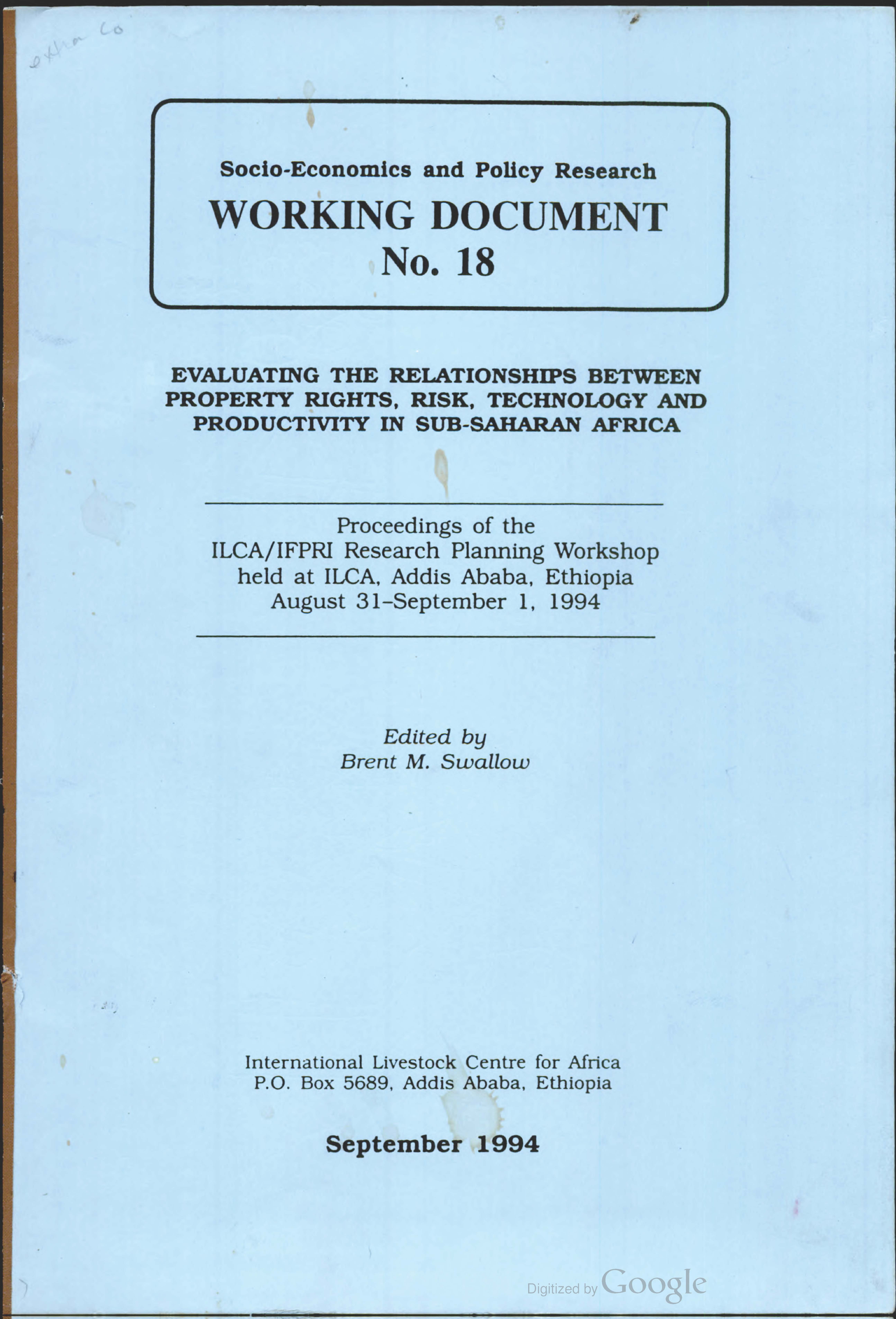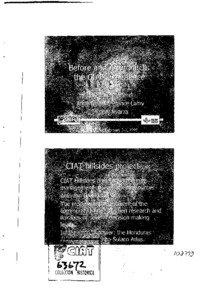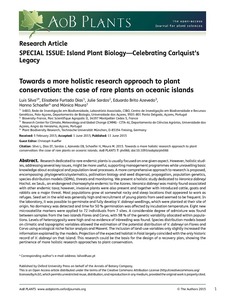The price of development?
Around ten years ago the government of the Gambia earmarked a strip of land along the Atlantic coast for tourism development. More recently, land in the same area is being used to provide affordable housing for civil servants. The chief of one village affected by these policies describes the problem of land shortage he now faces.




